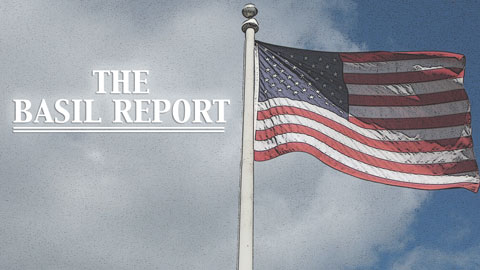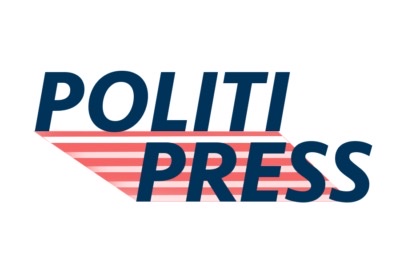At the Conservative Political Action Conference this past week, Republican populists played up their success creating a total stalemate in Washington.
“Some folks like to call us the ‘Party of No,’” said presidential hopeful and Indiana Representative Mike Pence during his speech Friday. “Well, I say ‘No’ is way underrated here in Washington, D.C. Sometimes ‘No’ is just what this town needs to hear.”
Republican obstructionism is certainly part of the reason Washington is frozen. As I have written previously, the Republican abuse of the filibuster is one of the major obstacles facing President Obama’s agenda.
I don’t need to spend another post going after the Republican Party. Instead, it’s time to devote our attention to another faction that has been stymieing attempts at progress in Congress. They have caused enormous problems, yet have received a disproportionately low amount of attention compared to other factors causing deadlock: special interest lobbyists.
The influence lobbyists have had on the success of this administration has been vastly underestimated. From health care to climate change to financial regulation legislation – the three most important non-jobs related issues of this presidency thus far – special interest groups have prevented Democrats from compromising with Republicans. This has denied Democratic legislation conservative support, preventing their passage.
[adrotate group = “2”]
Health care is the most noteworthy example. The health care bill that passed the House attracted the support of one sole Republican; no Senate Republicans supported the Senate’s version of the bill.
Democratic health care supporters have compromised on many of the issues with the Republicans. (Remember when the public option was actually an option?) However, they have refused to compromise on what is perhaps the GOP’s signature issue: medical malpractice reform.
Why? Trial lawyers raise big bucks for the Democrats (both Obama and Hillary Clinton were lawyers before entering politics). If Obama would bow to Republican pressure on this issue before the bipartisan “health care summit” this Thursday he would surely, at the very least, have a better chance at passing health care reform – not to mention the fact that malpractice reform would help lower health care costs.
Climate change legislation has been hobbled by, ironically, fanatical far-left greens. The most radical environmentalists, like Greenpeace, oppose the use of nuclear power for any reason at all. Nuclear power, in the view of many moderate conservatives, is one of the most important ways we can gain energy independence and fight global warming. Compromising on this issue, which the President has begun to do, would help attract the support of many moderates who might otherwise oppose climate change regulation.
Finally, financial regulation has been greatly weakened by the lobbying from financial institutions. Assaults on the proposed Consumer Financial Protection Agency have been particularly intense.
IIf Obama and the Democratic majority want to stay in power, they are going to need to show the American people that they can bypass special interests, and bring home results.






























